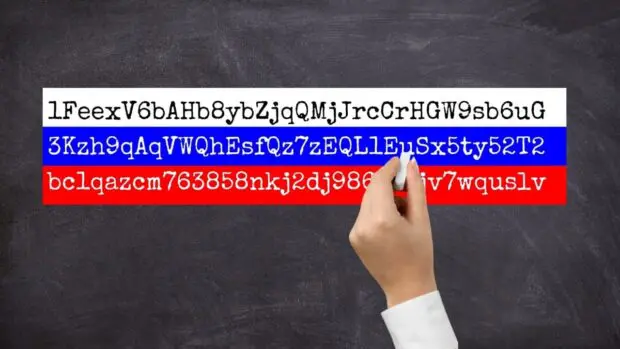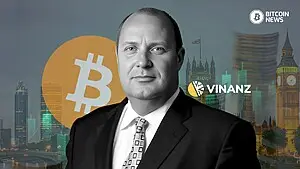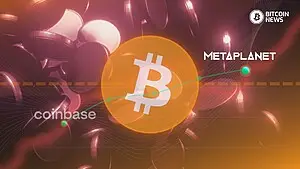Ukrainian officials are creating a blacklist to “help all crypto exchanges in the world tag Russian politicians, their families, partners, children,” and “stop working with the politicians, to squeeze them out of the crypto world”.
Mykhailo Fedorov, the deputy prime minister and minister of digital transformation, requested this information on February 26. He issued an appeal for information on cryptocurrency wallets owned by Russian and Belarusian politicians.
Calls for collective punishment on Russians
Ukraine has also called various cryptocurrency exchanges to block all Russian user accounts in order to ensure that the sanctions imposed on Russians collectively. Amid the growing sanctions placed on Russia, cryptocurrency exchanges Binance and Kraken have ruled out the freezing of accounts for Russian users. This call for collective punishment of Russian citizens has no legal basis and is viewed by many immoral. The growing hostility to everything Russian also might have the opposite of the intended effect. Instead of Russians turning against Putin, we might see them rallying behind the Russian government even stronger.
Good Luck
Governments seek to regulate more than they understand, and it is clear here that there is a deep lack of understanding of Bitcoin from these politicians, and their attempts to silence of stifle the use of Bitcoin will only advertise its utility and use case, making it stronger.
- Users can create an unlimited quantity of addresses.
- More users will move to buy no KYC Bitcoin.
- Users will gain more knowledge and use Bitcoin privacy best practices.
- Promotes cold storage and run on exchanges.
- Bitcoin is open source software.
- Code is speech.
Bitcoin knows no boundaries, has no political allegiance, it can’t be controlled, and cannot be stopped. It is inevitable.










